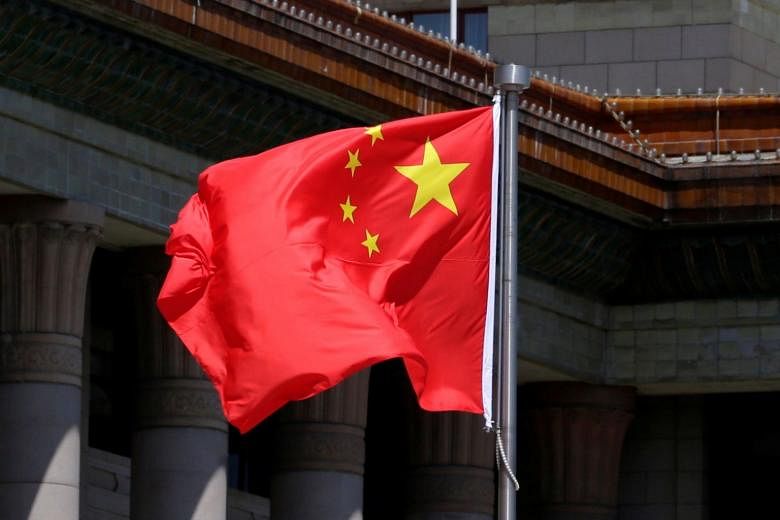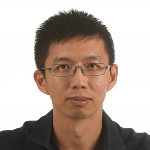China is using cultural organisations, clan associations, business associations and youth programmes to engage in influence operations in Singapore, a United States-based scholar said this week.
The fundamental purpose of these operations is to impose a Chinese identity on Singapore so that it will align more closely with China's interests, Mr Russell Hsiao said in an analysis published by US research institute Jamestown Foundation on Tuesday.
Mr Hsiao, the executive director of the Global Taiwan Institute, said the Chinese Communist Party's (CCP) propaganda efforts in Singapore aim to promote the narrative of a "greater China", one that includes all ethnic Chinese irrespective of nationality. He then set out how the CCP has sought to influence Chinese Singaporeans through avenues such as clan and business associations.
Mr Hsiao had also written an article last month on the CCP's influence operations in Japan.
In his latest piece, he noted that while 76.2 per cent of Singapore's total population of 5.8 million are ethnic Chinese, the country is a multiracial and multicultural nation.
Mr Hsiao said older generations of Chinese Singaporeans tend to have a stronger affinity for China, and the CCP's appeals to this group are frequently directed towards supporting ethnic pride and Chinese nationalism. More of them are also members of clan associations, which he said are important links through which China conducts outreach via cultural exchanges to revolutionary history sites, concerts for singing communist songs, and visits to ancestral homes in China.
These exchanges are endorsed by local offices operated by CCP united front organisations, he said.
However, Mr Hsiao noted that the younger Chinese Singaporeans generally identify less with China and are less interested in joining organisations like clan associations.
The CCP thus changes tack with this group of younger people and promotes economic opportunities and cultural affinity with China.
He cited the China Cultural Centre in Queen Street as an institution for creating a common identity with China. It is one of 20 such centres Beijing has started globally.
Mr Hsiao also asserted that "business associations in Singapore act as the most powerful lobby for Chinese interests". China, he added, exerts leverage over Singapore businessmen by making it harder for them to get contracts, licences, permits and loans in China. This is especially so in the real estate sector, where Singaporeans hold significant investments in China, he said.
He cited two incidents where business associations lobbied the Government on pro-China positions. The first, he said, was when Prime Minister Lee Hsien Loong made a private visit to Taiwan in 2004 before he was officially sworn in, incurring China's wrath. The second was when nine Singapore Armed Forces armoured vehicles were impounded in a Hong Kong port in 2016 while being transported back after a training exercise in Taiwan. The Terrex vehicles were returned in 2017.
Beijing's vehement reaction - prompted by Singapore's support of a ruling on the South China Sea - "reflects its broader and innate belief that, as a majority ethnic Chinese country, Singapore should understand and support the Chinese position", Mr Hsiao wrote.
Chinese President Xi Jinping's policies of blurring the line between "Chinese people" and "overseas Chinese", intensified propaganda, and new laws related to overseas Chinese have all caused heightened concern in Singapore, he said.
"Singapore's Government views identity as an existential issue and is likely to resist CCP efforts to make inroads in this area," he added.
On media influence, he said programmes from China are still not very popular in Singapore, and anecdotal evidence suggests younger generations are less interested than their elders in such programmes.
The growing strategic competition between the United States and China in the region presents complications for Singapore's foreign policy and defence policy, Mr Hsiao said, adding that pressure on Singapore to pick sides is growing. "As US-China competition takes centre stage in global politics, the country's delicate balancing act, and its internal questions of identity, will come increasingly under strain."


